Getting along with neighbors can be surprisingly tricky. You might wave hello every now and then, but actually forming a connection often depends on subtle details you might not even think about. From the way you care for your yard to how you handle noise, these small choices can have a big impact on whether the people next door want to engage — or avoid you entirely. Here are 14 things that quietly shape how approachable you seem to your neighbors.
1. Your Lawn Is a Jungle
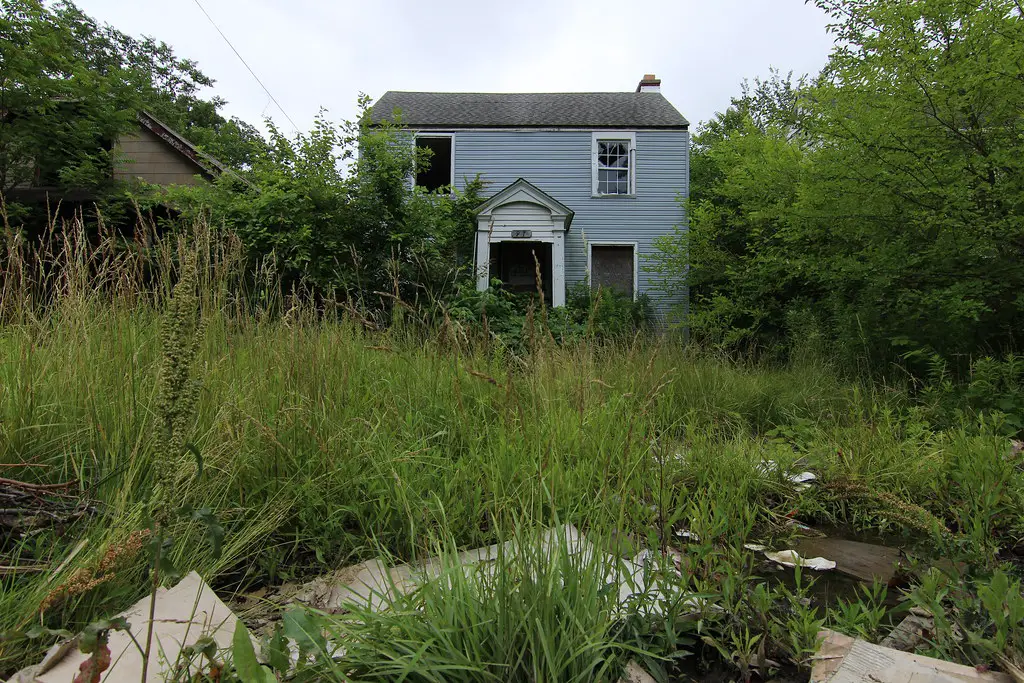
According to Real Simple, the condition of your lawn is often one of the first things neighbors notice — and judge. If your grass is overgrown or full of weeds, it sends a signal that you’re not invested in the neighborhood, even if that’s not true. A neglected yard can make others hesitant to approach, worrying you might not care about mutual upkeep or shared space. Keeping things tidy isn’t about perfection; it’s about showing you’re part of the community.
This doesn’t mean you need professional landscaping. Just regular mowing, a bit of weeding, and some trimmed edges go a long way toward making your home feel lived-in and welcoming. Neighbors are more likely to say hello or strike up conversation if they see you outside doing yardwork. It gives them a natural reason to interact, which helps build trust and familiarity. Plus, you’ll be surprised how quickly a “nice yard!” turns into a chat.
2. You Don’t Make Eye Contact
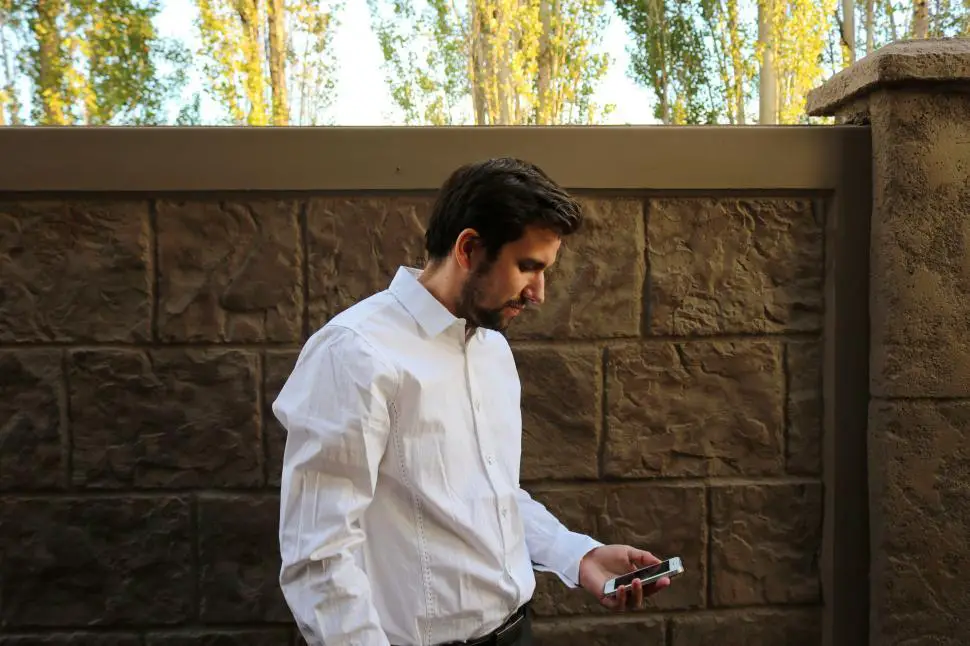
As noted by Forbes, nonverbal cues like eye contact have a huge impact on approachability. If you avoid looking at people or seem to stare straight ahead while passing them on the street, it can come off as cold or even rude. Most neighbors aren’t trying to invade your privacy — they just want to know you’re open to a friendly exchange. Even a simple smile or nod can break the ice and make a big difference.
This is especially true in quieter neighborhoods, where interactions are less frequent but more meaningful. Looking up and acknowledging someone’s presence tells them you’re not closed off. It makes you seem like a potential ally rather than someone to avoid. And once that small barrier is broken, it’s much easier to grow the relationship over time.
3. Your House Is Always Dark
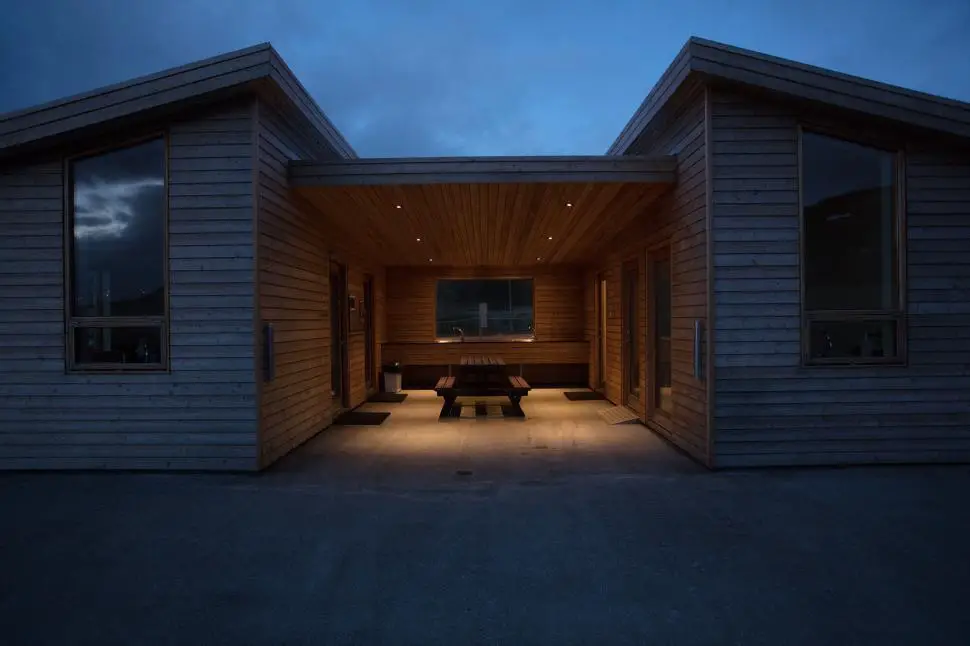
Martha Stewart’s team notes that lighting plays a big role in how welcoming a home feels — to guests and to neighbors. If your house is always dark at night or your windows are perpetually closed, it can seem like no one is home or that you prefer to keep to yourself. People may hesitate to knock, wave, or strike up a conversation if they’re not sure you’re even around.
On the other hand, a few porch lights, an open curtain, or the occasional sign of life can make your home feel more inviting. Neighbors may be more likely to stop and chat if they see you enjoying a coffee on the porch or hear music through an open window. Small signals of openness can encourage others to connect, even if they’ve been hesitant before.
4. You Never Join Community Events
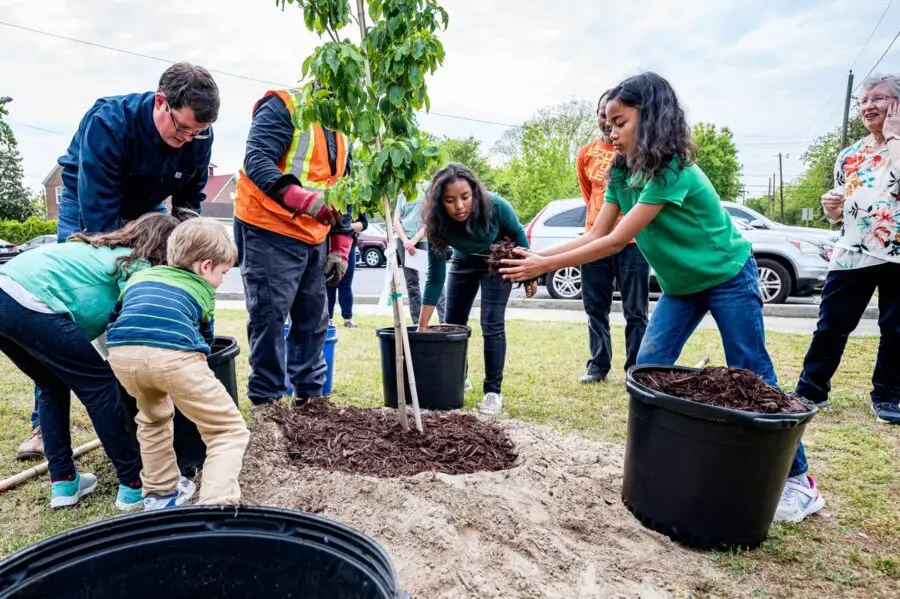
High Point Residence points out that neighborhood events — from block parties to yard sales — are key opportunities to build rapport. If you consistently skip them, neighbors might assume you’re uninterested or aloof. Even showing up for 30 minutes can signal that you care about the social fabric of your area. These events are designed to foster connection, so missing all of them sends the opposite message.
You don’t need to be the life of the party or volunteer for every committee. Just making an appearance or bringing a dish to the potluck can go a long way. When neighbors see you participating, they’re more likely to view you as part of the community and reach out in other ways too. Relationships often grow from shared moments — no matter how small.
5. You Leave Trash Cans Out for Days
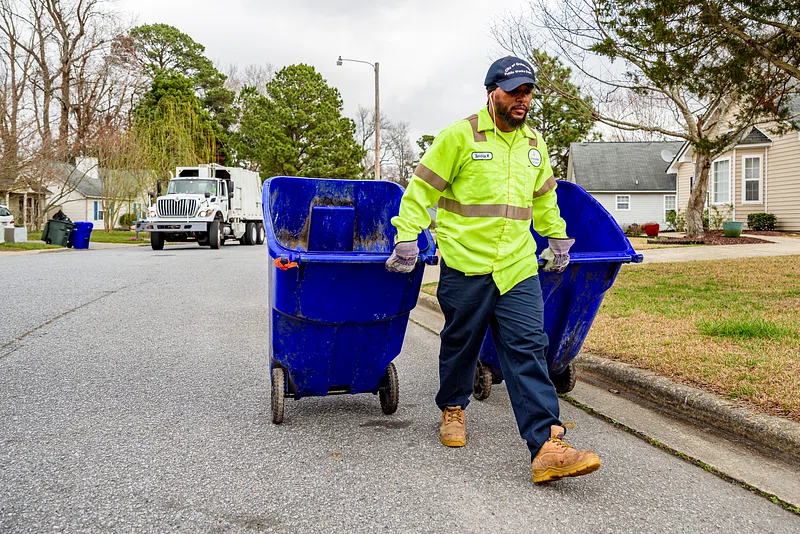
Leaving your garbage or recycling bins on the curb days after pickup makes a clear impression — and not a good one. It can be a sign that you’re careless or disengaged from the shared routines of the neighborhood. This small action can annoy neighbors, especially if the bins block sidewalks or blow into their yards.
When you’re conscientious about the little things, people tend to see you as respectful and neighborly. Bringing bins in promptly shows you’re tuned into the rhythm of the area. It can even open the door to casual interactions, like swapping quick hellos on trash day. Good habits make you easier to connect with.
6. You Never Wave Back

Some people wave out of habit, but when that wave is ignored repeatedly, it gets awkward fast. If neighbors feel like you’re ignoring their greetings, they might just stop trying. Even if you’re distracted or don’t see them every time, consistency matters.
A simple hand raise or nod builds recognition. Over time, those small acknowledgments stack up into trust. Neighbors who feel seen are more likely to chat when they have a question or offer to help in a pinch. It’s an easy way to stay in good standing.
7. Your Dog Is Always Barking

Constant barking doesn’t just disturb the peace — it builds resentment. If your dog’s barking wakes up the baby next door or scares an elderly neighbor, it makes conversation less likely and complaints more probable. Over time, it can make you seem inconsiderate.
Being proactive with training or using tools to minimize barking shows neighbors you care. When they see you walking your dog, they’ll be more likely to say hello instead of glaring. A well-behaved pet often opens the door to friendly exchanges, especially with fellow dog lovers nearby.
8. Your Parking Habits Are Inconsiderate
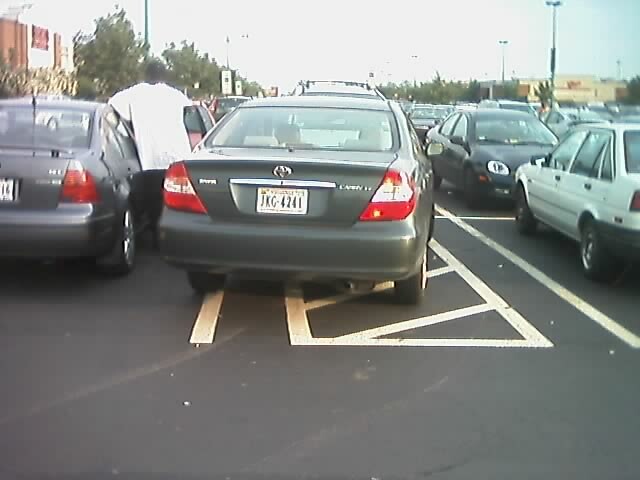
Blocking driveways, taking up too much curb space, or consistently parking in front of someone else’s home can cause tension. These habits might seem harmless, but over time, they send the message that you aren’t paying attention or don’t care about how your actions affect others.
Good parking etiquette is an unspoken part of being a good neighbor. When you’re mindful of shared space, people notice — and appreciate it. This helps reduce conflict and builds a foundation for friendlier interactions. Everyone feels better when the rules are respected.
9. You Never Bring Packages Inside for Days
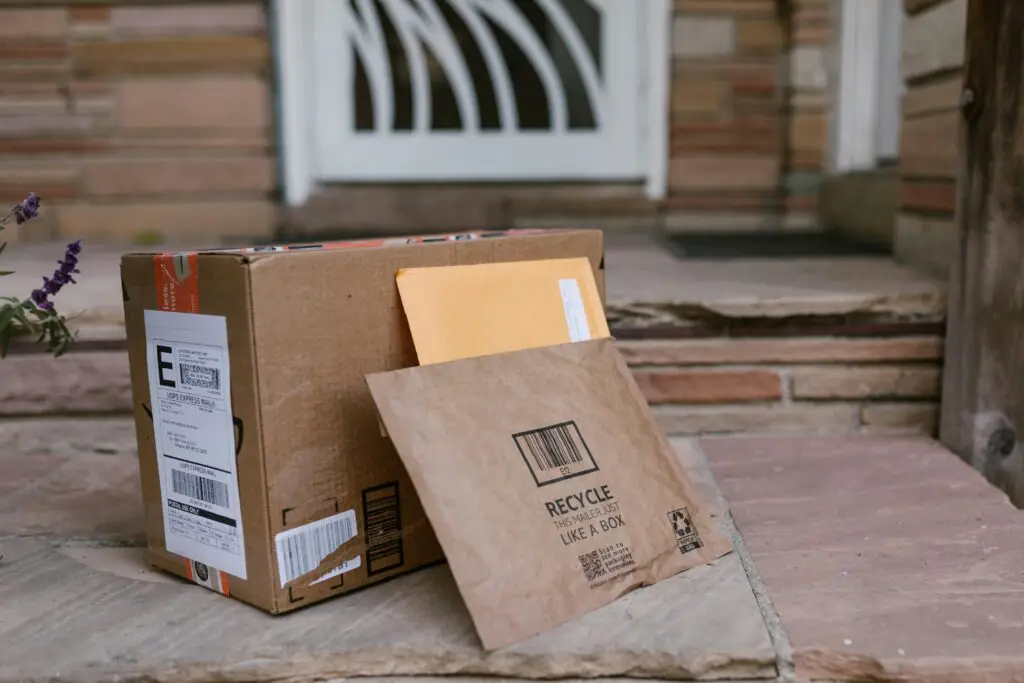
Leaving packages or deliveries outside for too long gives the impression that you’re absent — or worse, indifferent. It can also attract theft or make your property look neglected. Neighbors often take cues from these signs, wondering whether you’re actively engaged with your home and the people around it.
Quickly bringing in packages shows you’re present and alert. It also encourages neighbors to watch out for you in return. If they see a box sitting out, they’ll know it’s unusual — and they might feel comfortable enough to check in. Presence builds trust.
10. You Don’t Say “Thank You”

If a neighbor brings your trash bin in, watches your house while you’re away, or does anything kind — a thank you goes a long way. When appreciation is missing, it can make others feel used or ignored. People want to know their efforts are noticed.
Sincere gratitude fosters warmth. Even a quick thank-you note or verbal acknowledgment builds goodwill. Over time, these moments of appreciation become part of the social glue of your neighborhood. Kindness always circles back.
11. You Avoid Shared Spaces
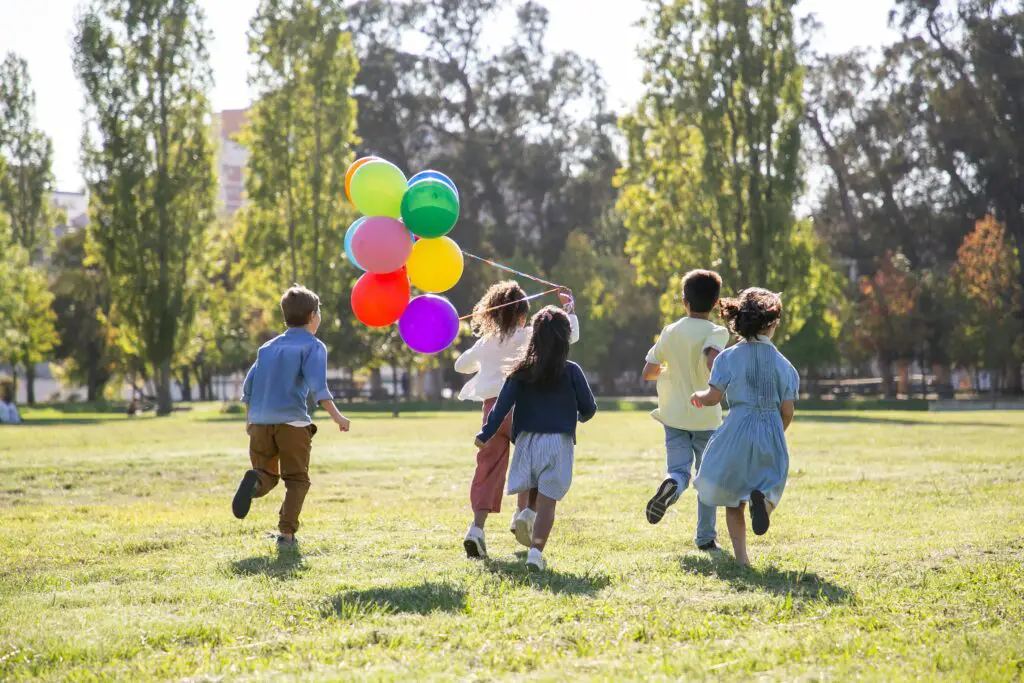
Whether it’s a community garden, walking path, or local park, avoiding shared spaces removes natural chances to meet others. These areas create low-pressure moments for brief hellos or shared small talk. When you’re never around, those chances disappear.
Just being visible from time to time helps. You don’t have to be extroverted — simply being present makes you part of the scene. That casual visibility leads to familiarity, and familiarity leads to connection.
12. Your Kids Aren’t Allowed to Interact
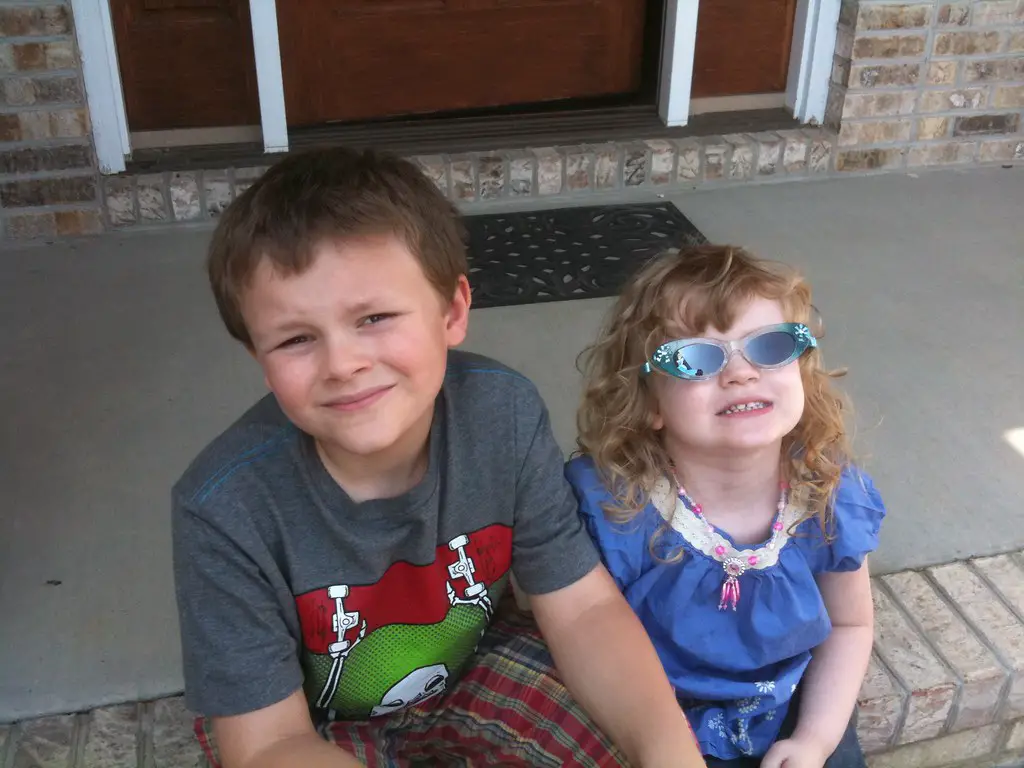
If your children are never outside or not permitted to talk to neighborhood kids, it can isolate the whole family. Other parents might feel unsure about initiating contact or inviting your children to play. It unintentionally creates social distance.
Letting your kids engage — even in small ways — signals openness. A wave during trick-or-treating or letting them play at the park can bridge the gap. Parents often connect through their children, and these early bonds can grow into strong neighbor relationships.
13. You Don’t Shovel or Salt in Winter
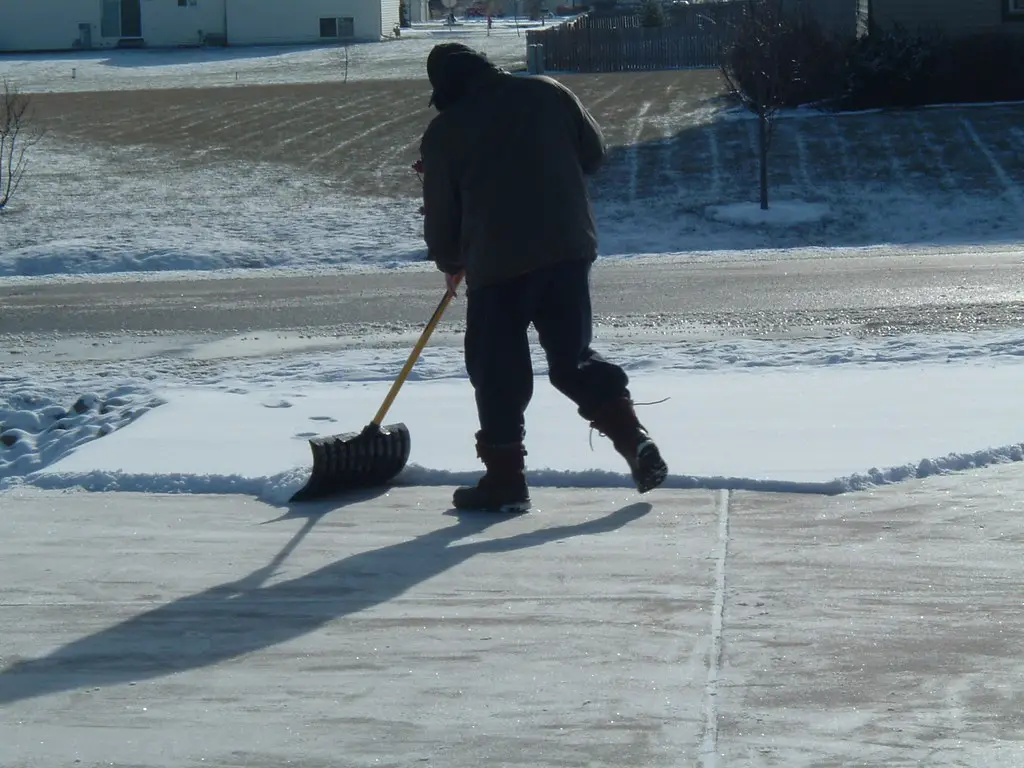
If you don’t clear snow or ice from your walkway or sidewalk, it affects everyone. Slippery paths can cause injuries, and neglecting this task shows a lack of consideration for shared safety. People may start avoiding your property altogether.
Taking care of snow and ice tells neighbors you’re reliable. It builds confidence in your character, especially during times when the weather is tough. When people see you looking out for others, they’re more inclined to speak to you — and help out in return.
14. You Only Come Outside at Night

Always emerging after dark can create a sense of mystery — and not in a good way. If neighbors never see you during the day, they may feel disconnected or even wary. It’s harder to build rapport with someone who never shares the same daylight rhythm.
Try shifting a few routines. Even occasional morning walks or watering the garden in the afternoon can make a big difference. The more people see you in casual, friendly moments, the more approachable you’ll seem — and the more likely they are to say hello.
